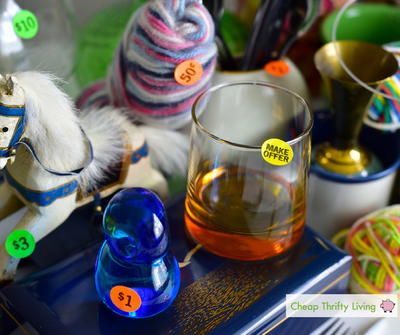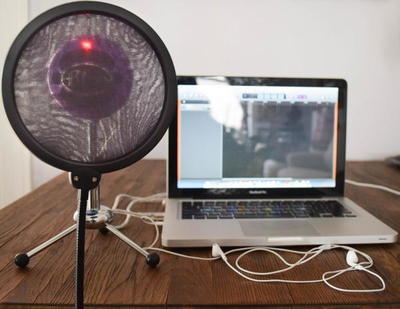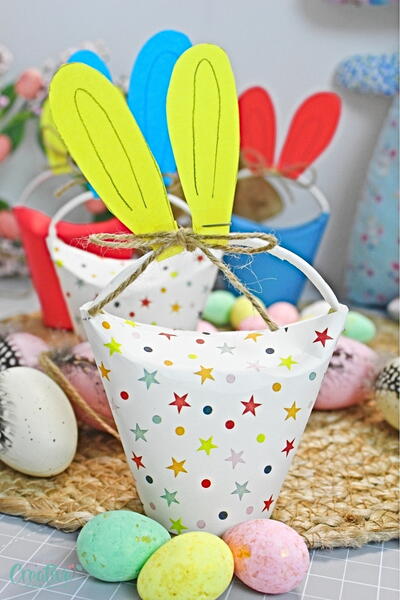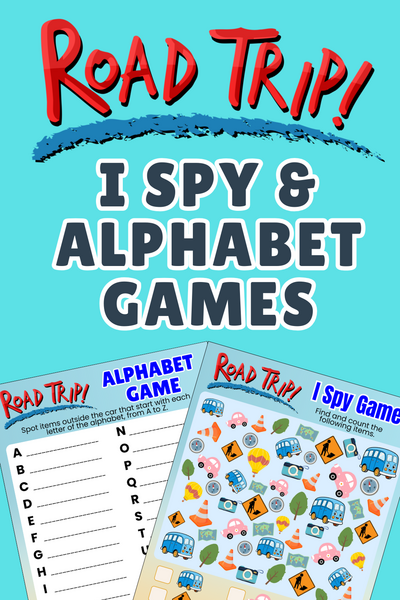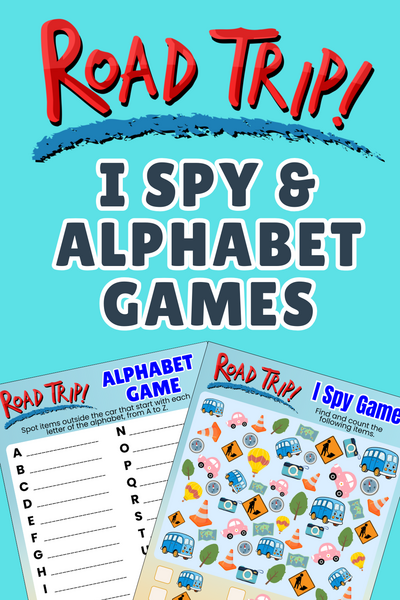Can You Sell Licensed or Trademarked Works?

They sell licensed fabric with college logos, popular characters, and many more licensed designs, but I heard that a fellow crafter got a cease and desist order the other day? What’s the story? Get an overview of what all this means from Maria Nerius.
When walking craft shows, I cringe a little when I see a handmade Winnie the Pooh plush animal or a quilt with a college logo.
These are licensed and trademarked characters or logos and selling them without permission, and a legal agreement with the owner of the copyright or trademark is a big No-No for professional crafters. You can end up in big trouble, spending time, energy, and money if you aren’t properly licensed to sell this kind of work.
When it comes to how the law looks at this issue, you are taking money out of the pockets of these companies, and when it comes to money, companies can get very serious.
Why Certain Things Are Trademarked
Companies (and some artists) go through complex and expensive processes to copyright and trademark characters, logos, images, and designs.
They are responsible for protecting their brands. Disney is famous for walking art and craft shows to make sure none of their licensed work is being used as part of a handmade item for sale. Disney immediately sends out a “Cease and Desist” order.
If they feel that it is necessary, they can legally confiscate the items and demand payment for any items you have sold.
Is It Worth It to Sell Them Anyway?
No, it is not worth the risk to mess with licensed designs, logos, or other copyrighted characters.
Here are some things to avoid:
- Fabrics that include trademarked images or logos
- Professional sports teams' mascots
- Cartoon characters
- Branded images, like a Coke bottle
How to Avoiding Breaching Copyright Law
As a craft professional, use your own imagination to create — don’t rely on others' ideas or creations. You can create and trademark your own characters, designs, and logos!
If you do want to create and sell items with your favorite college football team or even that silly old bear, contact the proper authority and negotiate an agreement.
Many creative people formally register their works and can then license a design in many ways — from fabric to napkins and greeting cards. It’s an excellent way to round out your portfolio and let a design bring in income for years to come. Have you licensed your work? Let us know your story.
Read Next4 Best Places to Sell Clothes Online







